
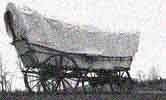
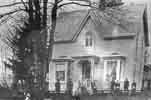
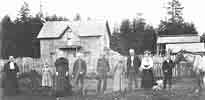
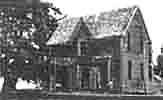
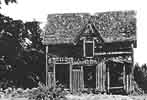
| Home |
| Early Life |
| Maps |
| Oregon Laws |
| The Trail |
| Bush
Biography |
| Tumwater
Born |
| Thurston
County |
| State History |
| Bush Farm Today |
| FAQs |
| Timeline |
|
The following data is extracted from Handbook of North American Indians - Volume 7 - Northwest Coast - Smithsonian Institution - 1990 ...(In the Southern Coast Salish territory) most of the land was heavily timbered, but there were also a good many prairies, ranging in size from a few acres in the more northern river valleys to more extensive ones on Whidbey Island and from the Puyallup Valley southward. These were probably maintained by native burning practices. Red cedar, spruce, and hemlock were common, but the dominant tree was Douglas fir. Deciduous trees included big-leaf maple, alder, vine maple, and others that grew nearly everywhere at lower elevations, cottonwood and Oregon ash in river valleys in the southern part of the region. In areas of greater precipitation, the vegetation approached rain forest density, and these conditions resulted in huge log jams that blocked some rivers and covered large areas. Learn more about Southern Coast Salish territory and the Squaxin Island Tribe HERE The Squaxin Island tribe's ancestors were water-oriented people who flourished along the sound's shores for unrecorded millennia. They subsisted on a cornucopia of fish, berries, roots such as camas, and the woods. Their traditions were organically tied to the generous environment. Salmon and other foods from the rivers and other waters were central to their diet and spiritual rituals. Learn more about growing camas (camassia quamash) HERE |